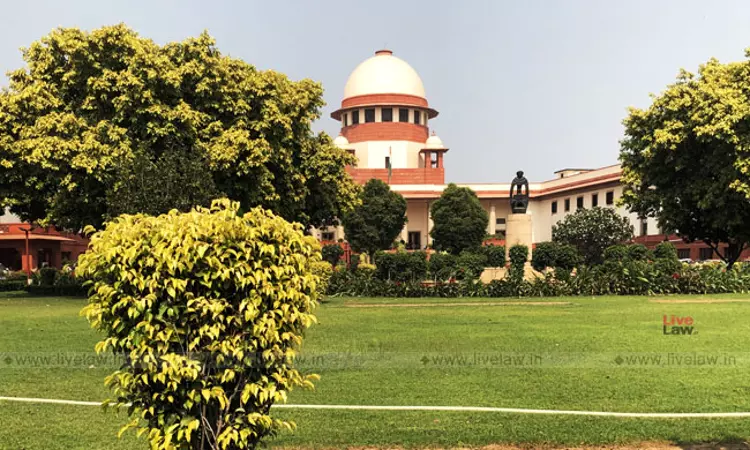A petition seeking transfer of all pending petitions challenging the validity of Section 2(c) of the National Commission for Minorities Act, 1992 has been preferred in the Supreme Court.Filed on behalf of Ashwani Kumar Upadhyay, the petition states that the petitioner is compelled to approach the top court in order to avoid multiplicity of proceedings and conflicting views to interpretation...

